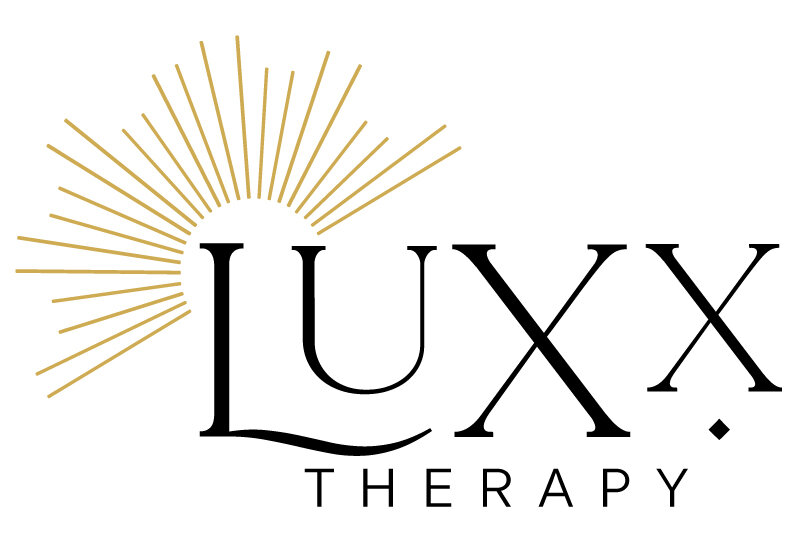It’s more than I Just can’t focus
Do you often find yourself feeling unproductive? Struggling to meet deadlines? Having a long list of things to accomplish, but easily getting distracted? You may be struggling with adult Attention Deficit Hyperactivity Disorder (ADHD). ADHD, a commonly (mis)diagnosed mental disorder in children, marked in colloquial terms by restlessness, difficulty focusing, and excessive talking, in adults often leads to confusion, self-hatred, and negative self-talk. Though not appearing in the DSM-5 as diagnostic criteria, in my work, I have found that common markers of adult ADHD include missing deadlines, tardiness, working for excessive hours on a project to get it done, or sitting down to work, and daydreaming instead. What isn’t commonly talked about, is the guilt and shame that accompanies these struggles. Adults with ADHD don’t want to miss deadlines. They don’t want to show up late when plans have been made. They don’t particularly enjoy binge-working until 3am because each afternoon when they sat down to work they couldn’t focus. This isn’t fun, and it isn’t talked about enough.
To support your loved one with ADHD, I think a generous dose of empathy and understanding would go a long way. When your spouse stays up all night to meet a deadline, and is tired the next day, I wonder the impact you would make were you to make their lunch the next day, or offer to cook dinner, with a gentle word of encouragement: “I know you worked hard last night.” I wonder how you could respond when they come home from work and express the frustration they feel due to getting distracted listening to the music coming from their colleague’s desk. Maybe a simple, “That sounds really frustrating” rather than “Just focus!” would help your partner feel more connected to you, and seen.
To you, friend, struggling with ADHD, I encourage you to set yourself up for success by getting to know yourself. Know the times of the day you are typically most productive, and schedule your most mentally draining tasks during that window of opportunity. Establish manageable time periods of work where you work distraction free—meaning no notifications, checking emails, texts, or phone calls. Just work. Start small. Maybe 10 minutes of focused work seems insurmountable right now. That’s okay! Rome wasn’t built in a day! Reward yourself for your focus with brief “brain-breaks” and add time to your focused work periods as you are able.
The likelihood that you are struggling with guilt and shame surrounding your performance and the difficulties that you experience on a regular basis is high. Challenge your negative self-talk by examining your strengths. Here is one to start your list: you have made it this far! Look for people who truly have the ability to empathize with your experience (ie: a trusted friend, therapist, etc.) and rely on them when you are feeling especially down. When others verbalize frustration with your symptoms, remind yourself that you are not defined by the feelings of others. Keep your chin up, and keep plugging along. You’ve got this!
Today is a great day to begin your healing journey!
XO,
Kaylee


